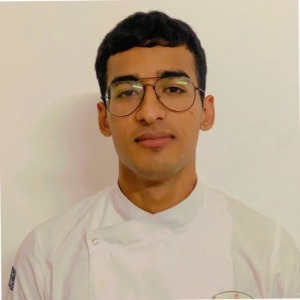Title : Effective methods for teaching artisanal skills: Lessons from custom cake workshops and professional kitchen training
Abstract:
This study discusses the interface of culinary training, nutrition education, and the concept of public health, which involves the concept of experiential culinary education and nutrition awareness, food science knowledge, and healthy food preparation. The study employed a mixed-method design by examining the data of 120 respondents in custom cake workshops and professional kitchen training programs to determine the relationship between skill development, creativity, and mentorship and nutritional consciousness and health-oriented cooking. It was found that students who had the opportunity to experience the practical side of the culinary world showed much more knowledge of the balance of nutrition, functionality of ingredients and healthy method of cooking than the students who were taught the same information via the traditional and standardized approach. The training in culinary was discovered to improve the understanding of food composition, food nutrient retention and sustainable use of ingredients, and hence the linkage of culinary artistry and evidence-based nutrition. Furthermore, it was the unification of food science concepts, including heat impact on food nutrient content and other recipe development approaches, that gave learners the ability to adjust dishes to yield improved health results, but not at the expense of food flavor. The paper also concludes that culinary education is a bridge between food science and the general health population, producing professionals who not only excel in the cooking methodology but also promote healthier, more sustainable, and nutritionally educative food structures. This study highlights the importance of integrating nutrition and food science education into culinary programs to develop health conscious chefs who can impact the eating patterns of communities and promote the health goals of the world population.




